


Center for Food Allergy & Asthma Research





Center for Food Allergy & Asthma Research

At CFAAR, we are dedicated to creating an interdisciplinary and collaborative research core to make meaningful improvements in the health of children, adults, and families living with allergic disease

Dear Friends,
As 2024 comes to a close, I am filled with gratitude for the strides we have made together at the Center for Food Allergy & Asthma Research (CFAAR). This year, our team has deepened our commitment to advancing science, improving care, and championing health equity for those living with food allergies and asthma. Among our many accomplishments, we published groundbreaking studies on the prevalence of food allergies and asthma, uncovering critical insights into their economic burden and the disparities in access to care. These findings have guided our efforts to create targeted interventions that make a tangible difference for underserved communities.
This year, we also launched innovative programs to better equip families, schools, and healthcare providers with the tools they need to manage these conditions effectively. Our team has worked tirelessly to develop, evaluate, and share new strategies to improve outcomes, from supporting policy initiatives to enhancing public awareness. None of this would be possible without the dedication of our researchers, partners, and supporters like you. Together, we are building a future where everyone has access to the care they need and the opportunity to thrive.
Here’s to an even brighter 2025, as we continue to work toward reducing the burden of food allergies and asthma and achieving health equity for all.
With gratitude,

Ruchi Gupta, MD, MPH Founding Director CFAAR

01 03 02 04
05
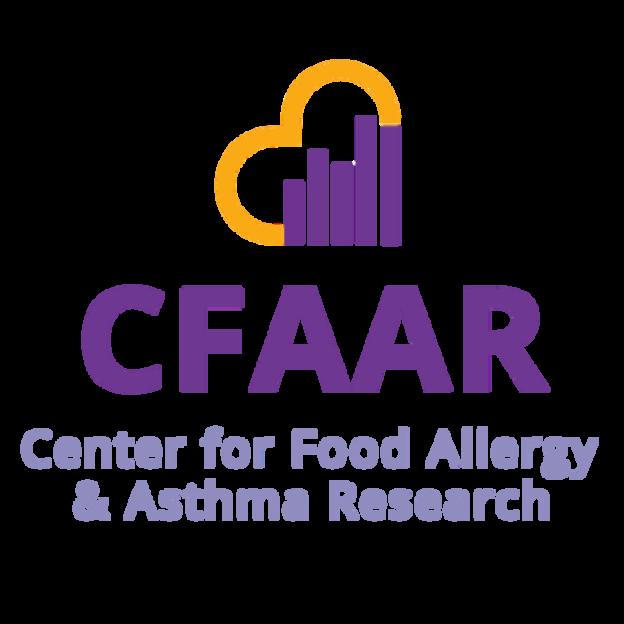
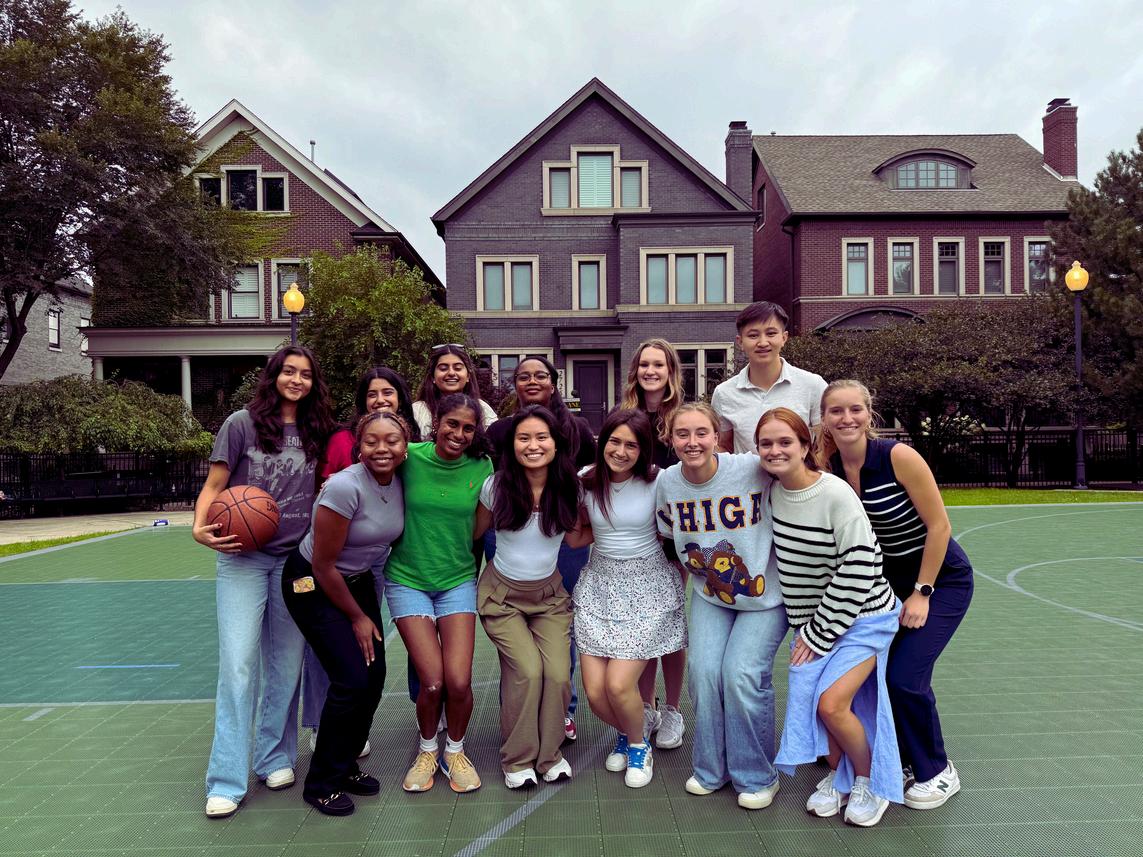
Maintaining portfolio of $30M in current funding across federal, industry,&foundationsponsoredgrants.

38 publications in 2024, highlighting psychosocial service needs, sociodemographic inequities in food allergy, & the development of an infant atopic dermatitis scorecard for pediatric providers
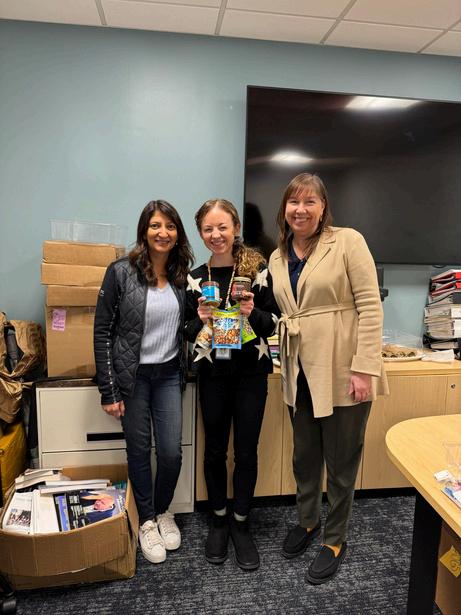
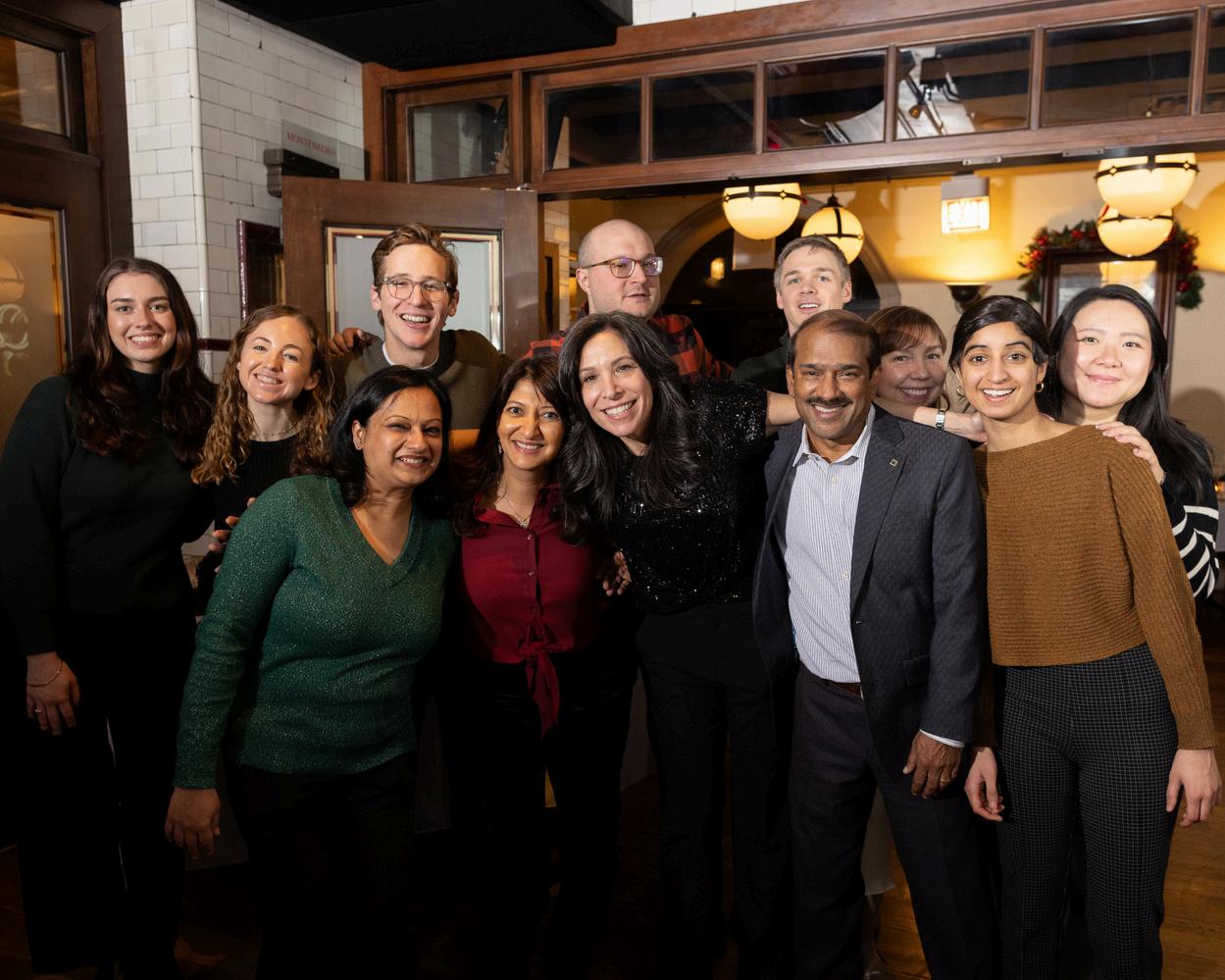
CFAAR hosted 3 concurrent conferences & welcomed over 300 attendees to GFAPS/PFACC/SAEFA Focusing on prevention, pediatric care, and food allergy equity. $300k was raised across 19 sponsors.
Northwestern was selected to join the NIH's Consortium for Food Allergy Research (CoFAR) as one of their 10 national Clinical Research Centers, & is estimated to receive a $2.5M investment over 7 years through the NIH.
CFAAR welcomed & mentored over 80 students this summer across the U.S. for our Scholars (undergrad-med school) and Ambassadors (high school) programs.
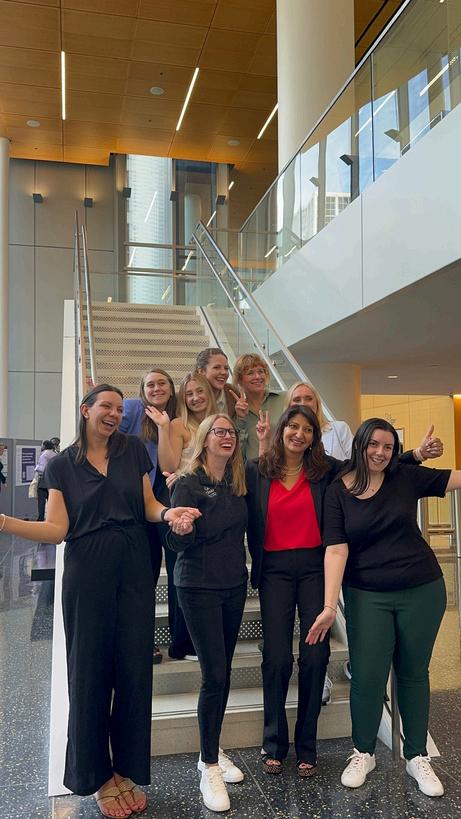
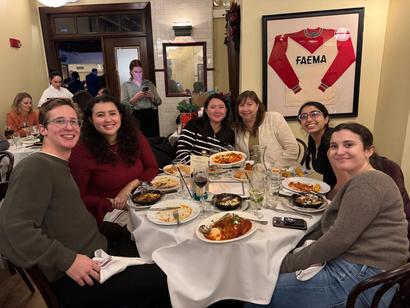
Exploring CFAAR's Diverse Research Focus and its Positive Influence Through Student Programs, Publications, and Community Engagement
$4 Million awarded in grant and gift funding in 2024
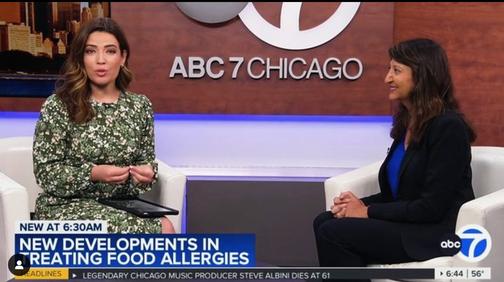
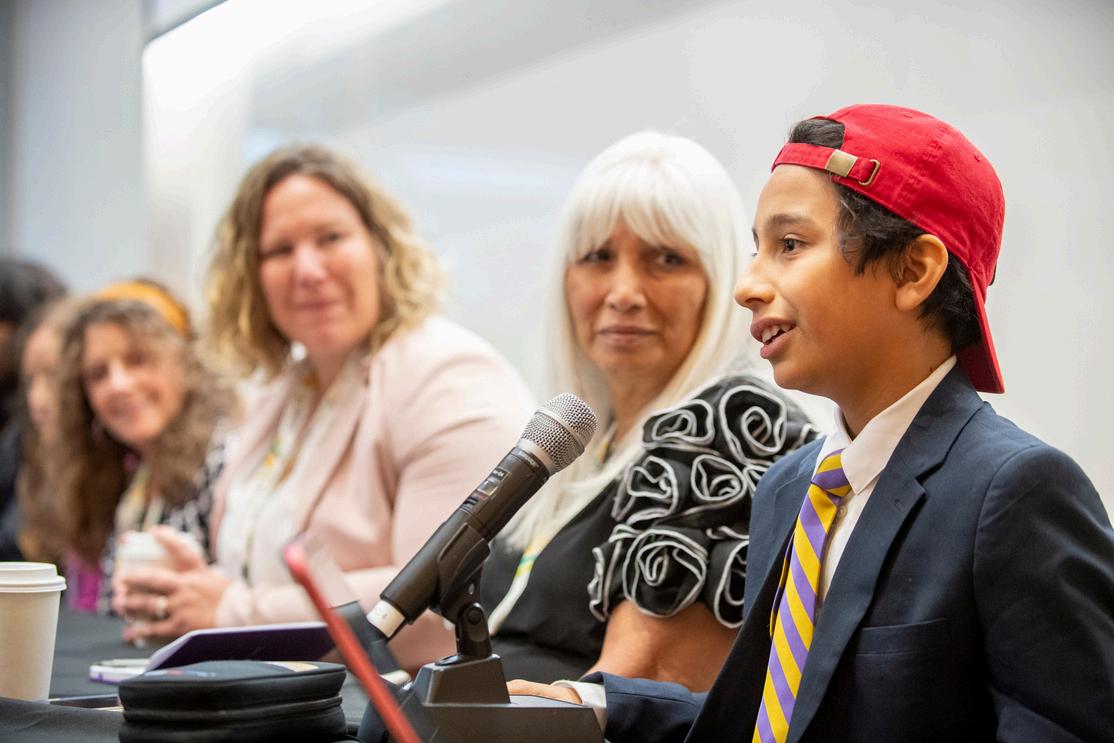

CFAAR is built around three interdisciplinary and collaborative research cores: the Public Health Data Repository Core, the Clinical Research Core, and the Community/School Outreach Core.
Each core is led by experts in epidemiology, health services research, health behavior, patient care, and advocacy, all united in their mission to make significant improvements in the health and well-being of children, adults, and families living with allergic diseases.
Proactive Prevention: Pioneering research aimed at identifying and mitigating the root causes of food allergies before they develop, focusing on early intervention with allergenic food introduction and skin barrier support.
Public Health Data Repository: Managing and analyzing large public health datasets to understand the epidemiology, burden, and disparities in food allergy, asthma, and other allergic conditions.
Education & Policy: Engaging with communities and schools to educate about allergic conditions and shape equitable interventions and policies, including developing books, videos, webinars, and other digital/print materials that are distributed widely free of charge.
CFAAR's work spans across early prevention, epidemiological interventions, and community and school outreach. 38
400+
student intern & mentorships community members served
83
Key Milestones, Discoveries, and Impactful Progress in the CAN DO Initiative This Year
CAN DO has enrolled 1,178 participants so far, and with a goal of 1,800, we’re on track to hit our target! The team is excited to be launching the study for Spanish-speaking participants by the end of December 2024. Working with Erie Family Health Center, a large Federally Qualified Health Center, is helping us broaden and diversify our sample even further.
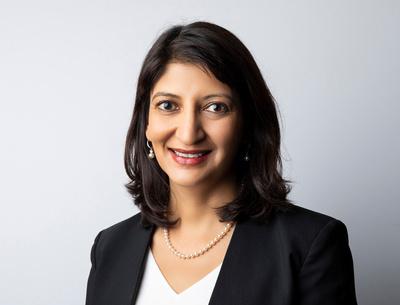


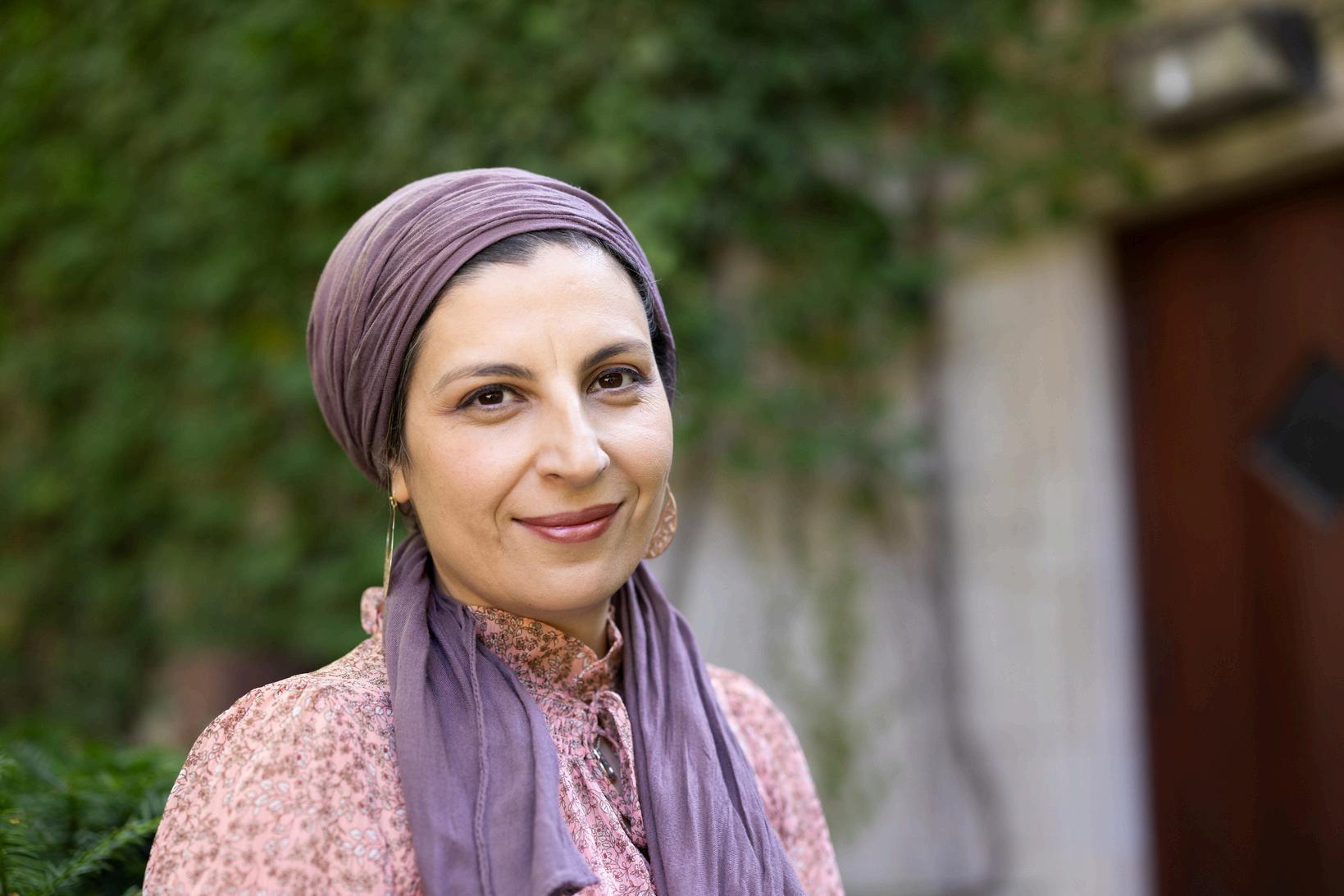
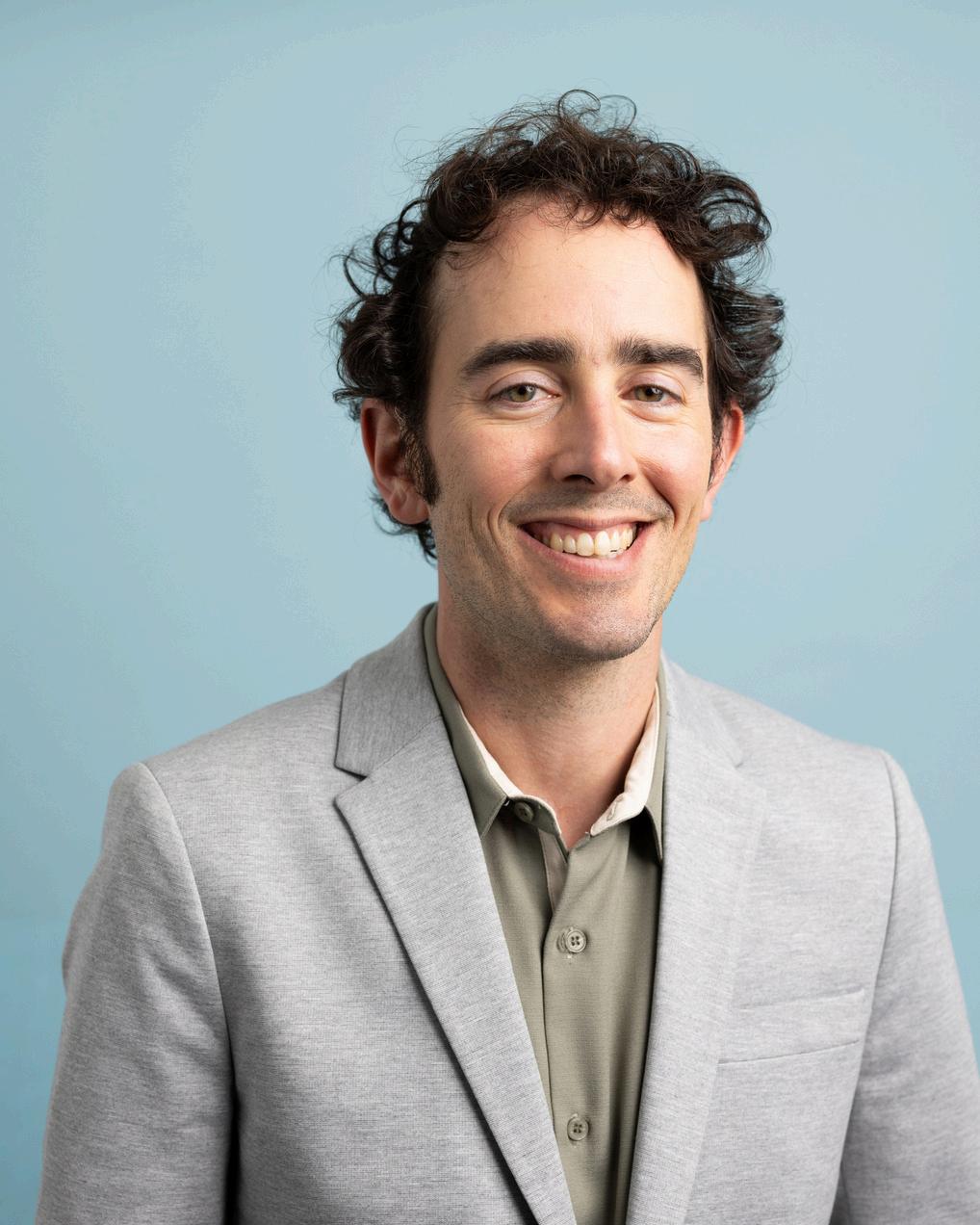


Standardizing Food Allergy Research for Global Impact
With support from an NIH grant, CFAAR is leading a collaborative effort with global experts from academia, industry, the FDA, and advocacy organizations to develop Common Data Elements (CDEs) for Food Allergy. These standardized data points enable consistent data collection across food allergy studies and clinical trials, facilitating crossstudy comparisons and accelerating discovery In Year 1, CFAAR developed 83 CDEs, which will be submitted for NIH endorsement, and prioritized 15 validated food allergy instruments. Through a continued award, work is now underway to expand and refine these CDEs, driving greater alignment and impact within the international food allergy research community.










Strengthening partnerships and advancing breakthroughs in Food Allergy Prevention & Treatment through NIH's Consortium for Food Allergy Research (CoFAR)
CFAAR, alongside Northwestern's Center for Human Immunobiology, was selected as one of ten national clinical research centers in the NIH Consortium for Food Allergy Research. CoFAR's key areas of focus include understanding the development and natural tolerance of food allergies, developing immune-based treatments, identifying diagnostic biomarkers, and exploring genetic and epigenetic factors linked to food allergy





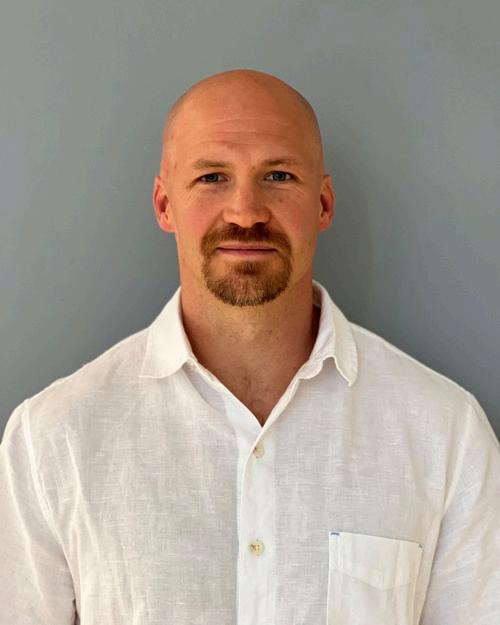

FoodSpace aims to centralize food allergy data and resources into a single, cohesive platform. This initiative will leverage existing infrastructure, such as ImmPort, to create the FoodSpace Framework and integrate data from CoFAR Clinical Research Centers (CRCs) and other NIAID-funded food allergy studies.




Exploring Innovative Approaches to Integrating Peanut Allergy Prevention into the WIC Program for Infants and Caregivers
CFAAR has received a new grant to explore and develop a model for incorporating peanut allergy (PA) prevention within the WIC Program's infant nutrition education and breastfeeding counseling. This project aims to identify barriers and facilitators to integrating PA prevention guidelines into WIC's services, co-design a prototype intervention, and empower WIC staff with the resources necessary for effective counseling. By addressing this gap, the research will help reduce racial and ethnic disparities in peanut allergy prevalence among low-income, diverse populations, benefiting both WIC program participants and administrators. The project will ultimately create lasting frameworks for food allergy prevention within a key public health program


Key Findings from the iREACH Clinical Trial on Developing Practice-Based Approaches to Prevent Peanut Allergies in Early Childhood

In 2024, the iREACH team finished observing participants and administering surveys to parents/caregivers of infants that were observed in the trial. The study team is currently analyzing data on over 18,000 infants, 3,000 parents/caregivers, and nearly 300 clinicians seen across 30 practice sites in Illinois. They will be publishing results from the trial in 2025 - stay tuned!









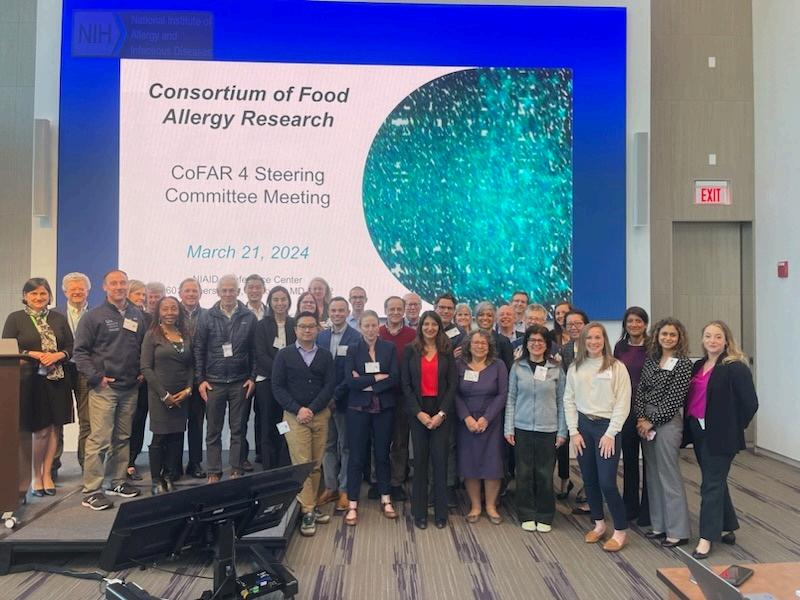
March 2024
Our CFAAR Education Team designs and delivers dynamic programming for over 80 students each year, offering paid internships, hands-on research workshops, food allergy curriculum development, and online learning opportunities to build the skills and knowledge needed to thrive in research and public health careers.

Student Programming


Launched the comprehensive Food Allergy Education Guide, providing resources from early childhood to college.
Piloted the Education Guide in GA, IL, and CA schools in partnership with educators, parents, and advocates.
Welcomed CFAAR Summer Scholars fo a 6-week hands-on research internship

Featured on the Illinois Early Learning Podcast to discuss managing food allergies in young children.
Attended the Illinois Head Start Conference to promote food allergy education.
Raffle and snack donations from RedPlate Foods, 88 Acres, and Voyage Foods supported Southern Illinois pilot schools.
Host school th Am Progra career and p
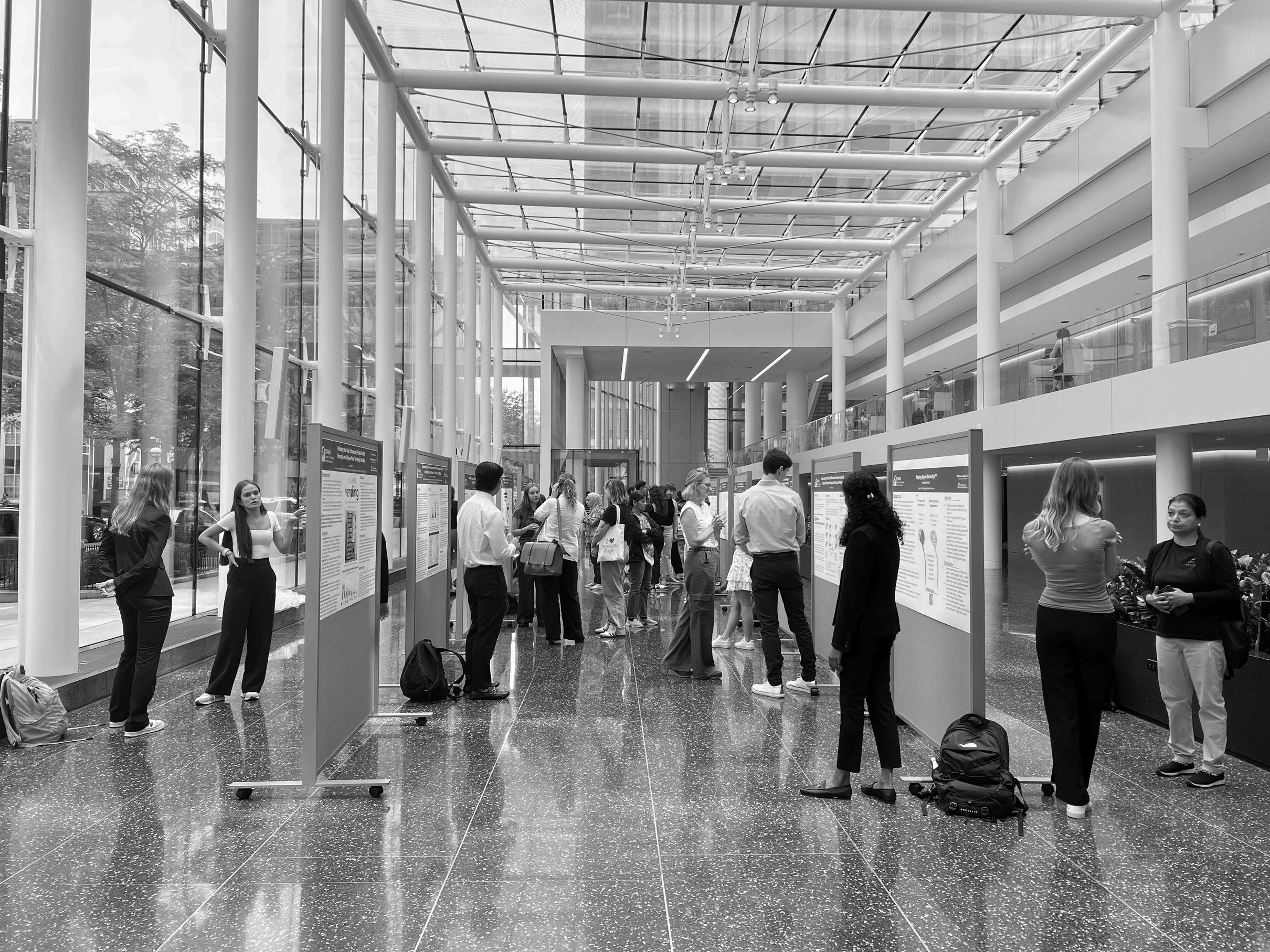
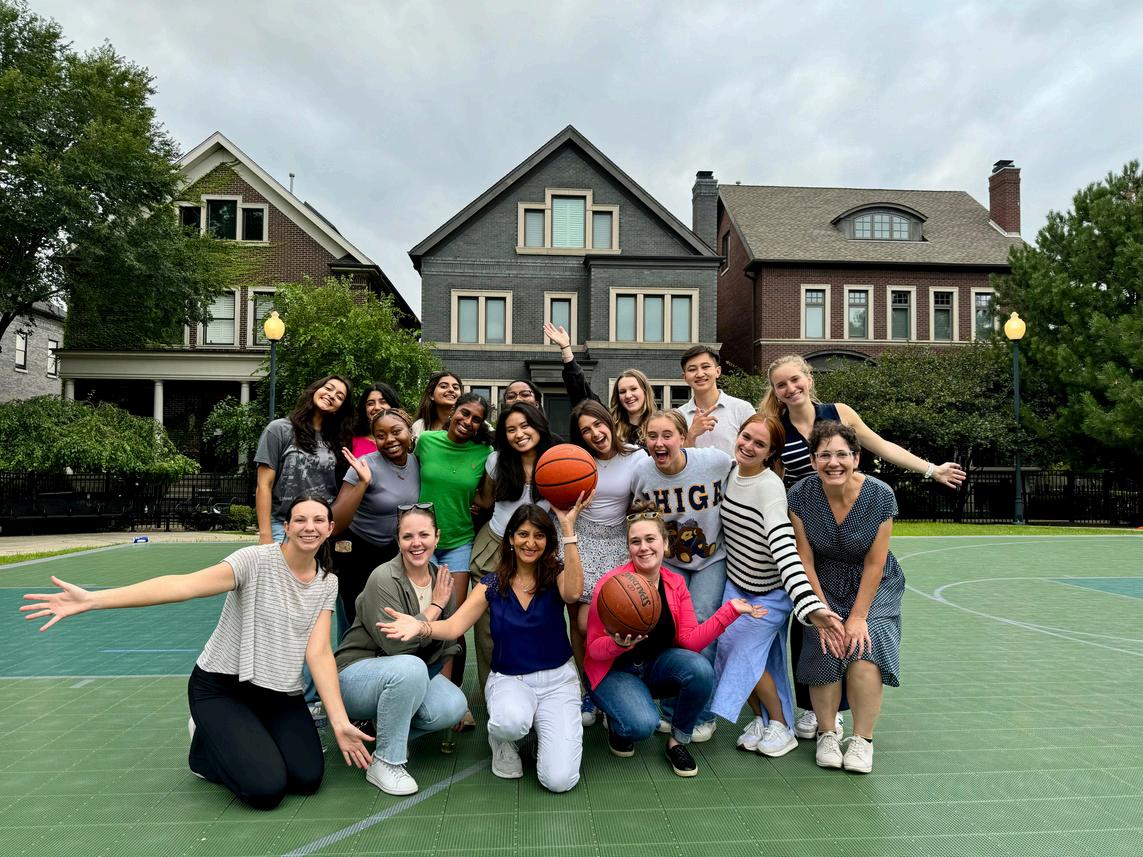

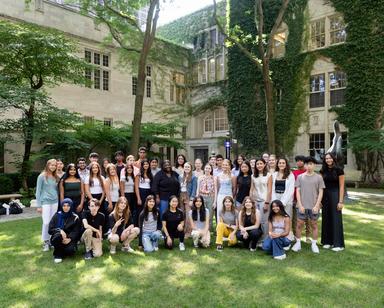


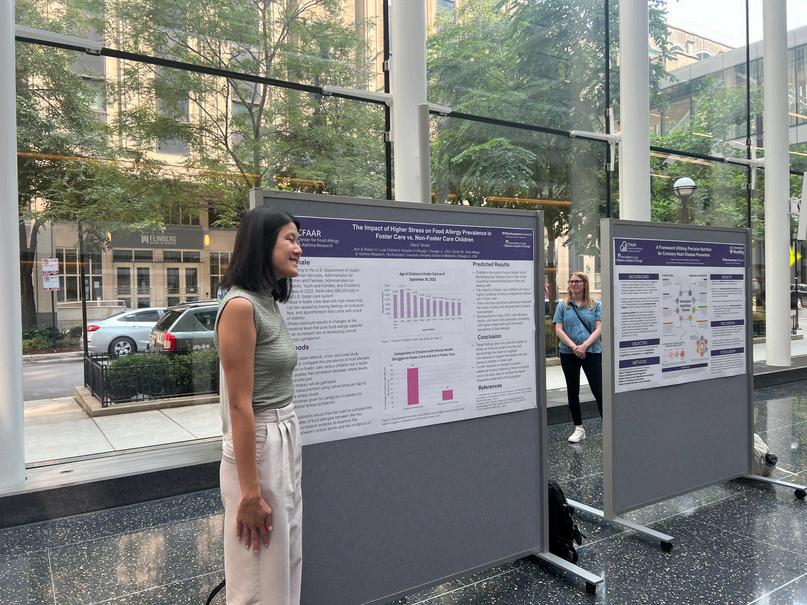
Prepared for the launch of the CFAAR Science Sleuths Program.
Attended the Illinois Association for Young Children Conference and held a Halloween-themed food allergy webinar.
Launched CFAAR Science Sleuths, empowering students to become young researchers and advocates for food allergy education.

ed 50+ high l students for he CFAAR bassadors am to explore rs in research public health.

Hosted a Fall webinar on food allergy education and advocacy.
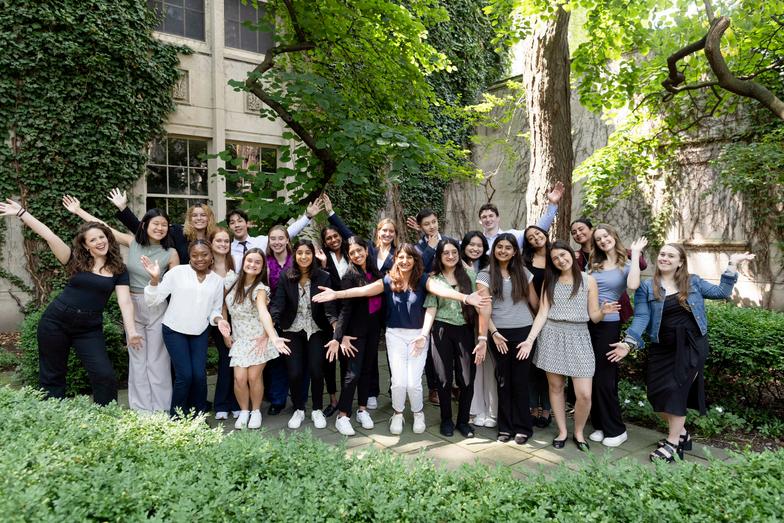
In 2024, 2, 343 people enrolled in the free STOP. LOOK. ASK. GO. Food Allergy Education for Early Childhood Professionals online on-demand training or n p.

Participated in the Region 5 Head Start Conference and the Lurie & CPS Whole Child Partner Summit.
Global Food Allergy Prevention Summit
200 attendees
30 core leadership advisors
6 core working groups
GFAPS drew clinicians and researchers from around the world to strategize the future of food allergy prevention research.
Leaders included Drs Alkis Togias, Katherine Anagnostou, & Gideon Lack 03 01
02
Pediatric Food Allergy Care Conference
PFACC welcomed pediatric care providers to educate on latest guidance and research on pediatric food allergies. Subjects included food allergy prevention, management, treatment and patient education.
Keynote: Dr. Michelle Barnes, MD, FAAP, president of the Illinois chapter of the American Academy of Pediatrics

This summit has become such an important event for this field,” said Alkis Togias, MD. “To be able to meet and discuss and offer ideas about advancing allergy prevention research—that’s endlessly valuable.”
SAEFA showcased four panels aimed at food allergy equity across: daily life, prevention, diagnosis and treatment.
Keynote: Dr. Ajanta Patel, MD, CDPH
Payors, clinicians, policymakers, patients, and other innovators, aimed to create a roadmap forward.
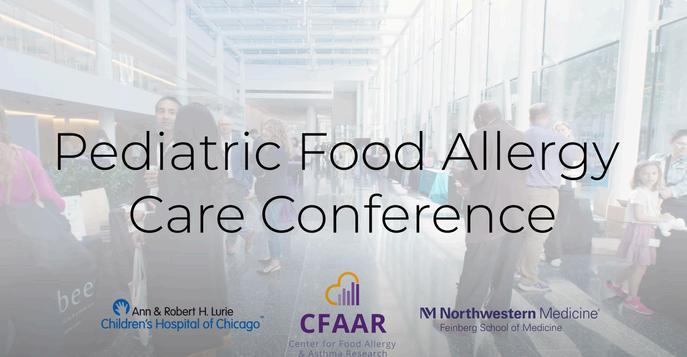
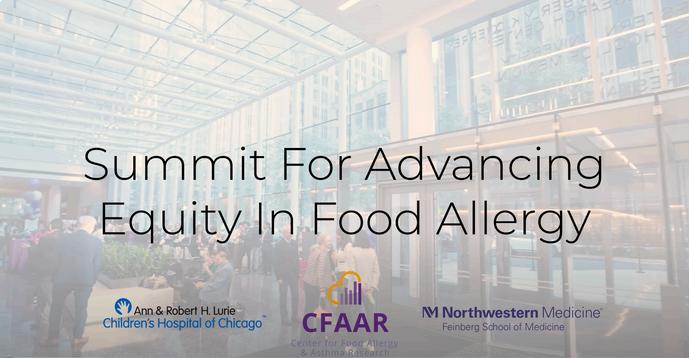
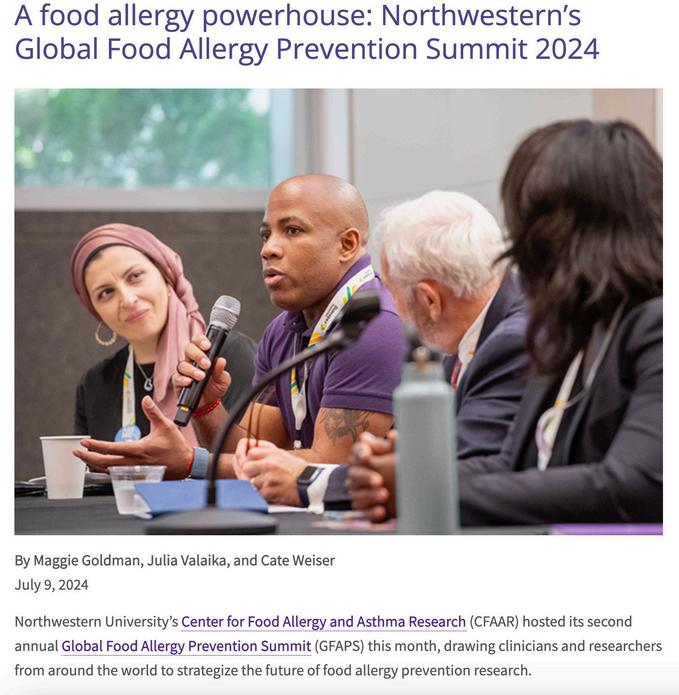
This year, the Center experienced increased media coverage, helping to raise awareness of our cutting-edge research and public health initiatives. Our work was featured in prominent local and national news outlets, highlighting our contributions to food allergy research, epidemiology, and community health.



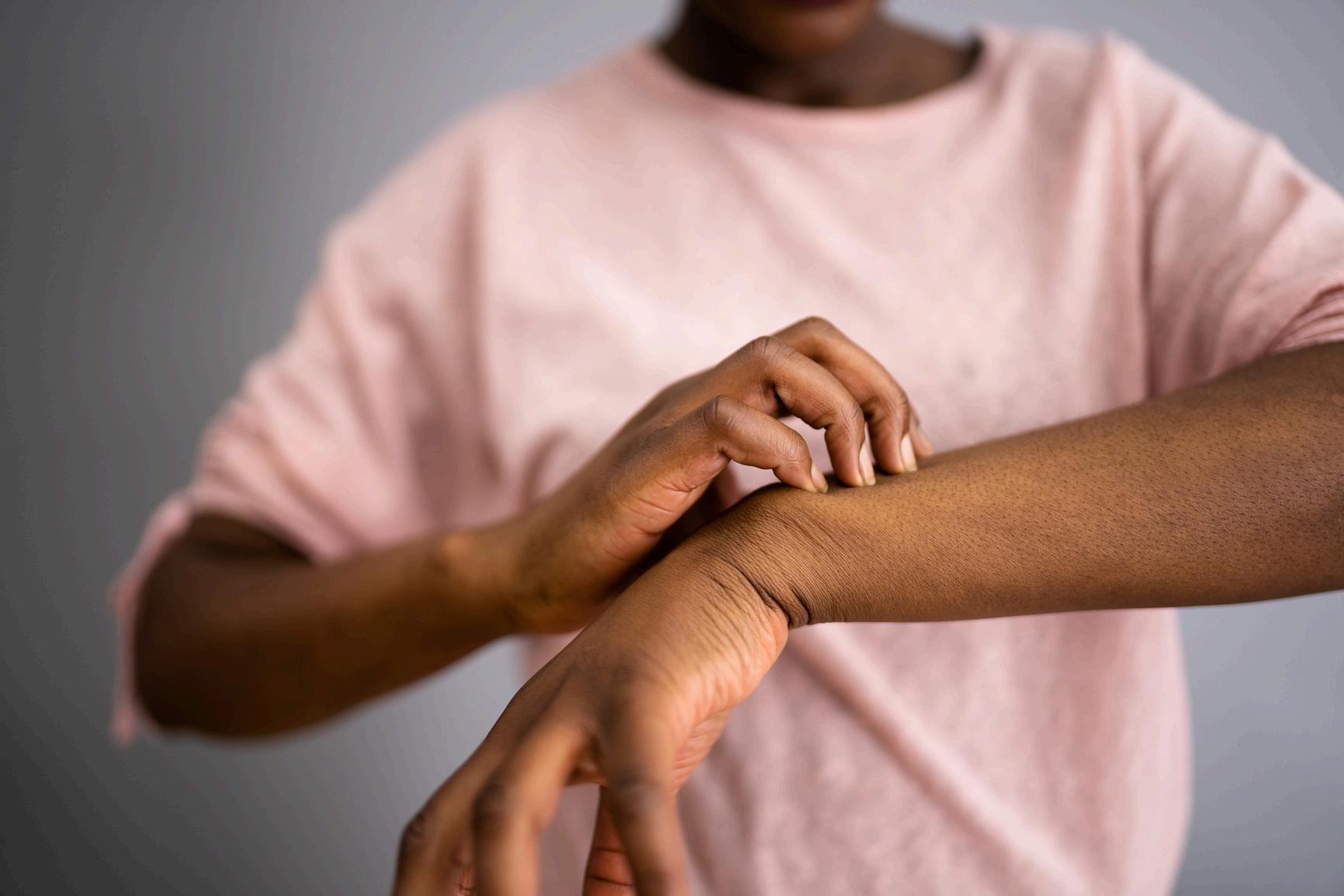

Air travel anxiety amplified for families dealing with food allergies
The skies aren't always so friendly for patients and families affected by food allergies, who may often experience worry and anxiety regarding airline travel, according to a new study from the Center for Food Allergy and Asthma Research at Northwestern University (CFAAR). At MSN.com
Northwestern doctor shares new developments in treating food allergies
CHICAGO (WLS) -- One in ten adults has a food allergy and 1 in 13 kids has a food allergy. They can strike at any age. Fortunately, there are exciting new developments in treating food allergies. At ABC7.
Medicaid acceptance rates vary among allergists, lag other specialties
WASHINGTON Patients with Medicaid coverage face barriers in accessing food allergy care, according to a poster presented at the American Academy of Allergy, Asthma & Immunology Annual Meeting At Healio com
Black children face disparities in food allergy reaction severity
Black children had higher odds for severe food allergy reactions and ED usage as well as lower total lifetime epinephrine use than white children, according to a study in The Journal of Allergy and Clinical Immunology: In Practice.
Scorecard improves atopic dermatitis identification in varied skin tones among infants
A picture-based scorecard with multiple skin tones facilitated the assessment of atopic dermatitis among infants, according to a study published in Annals of Allergy, Asthma & Immunology.

In 2024, CFAAR published 38 groundbreaking studies advancing food allergy research and advocacy. Highlights include investigations into health disparities in emergency care, the psychosocial impact of food allergies on youth, and innovations in allergy diagnostics and treatment.
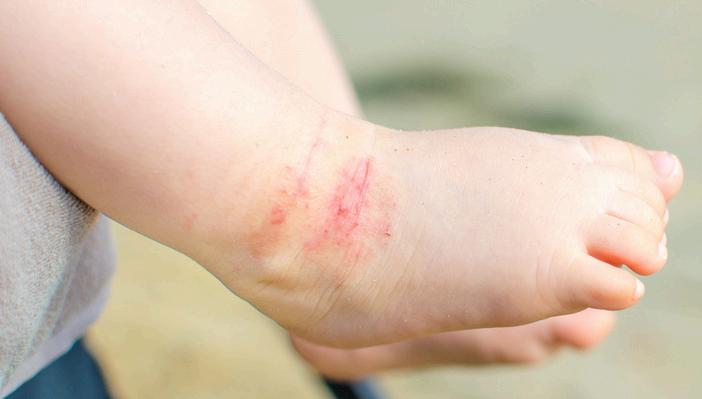
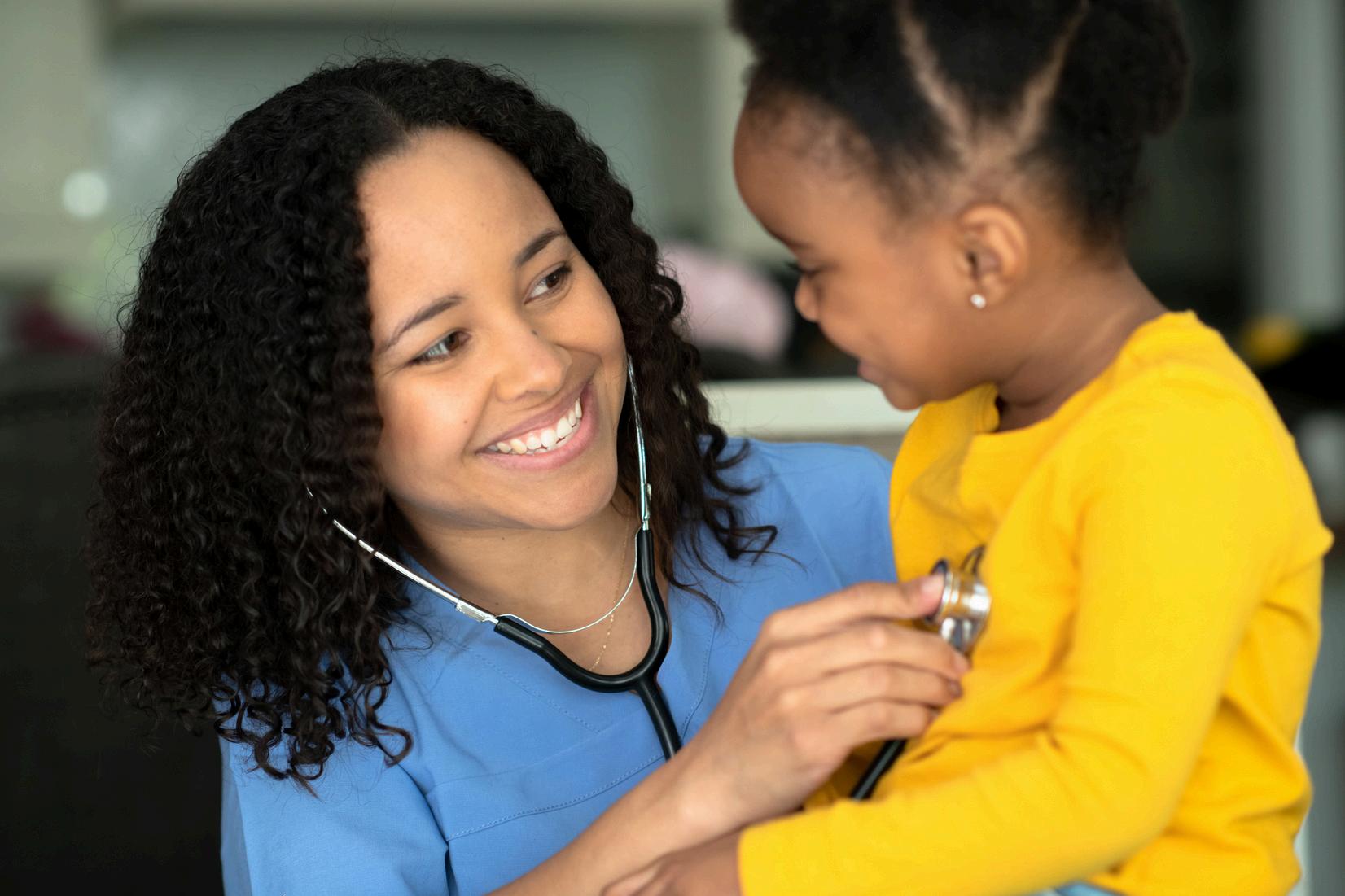
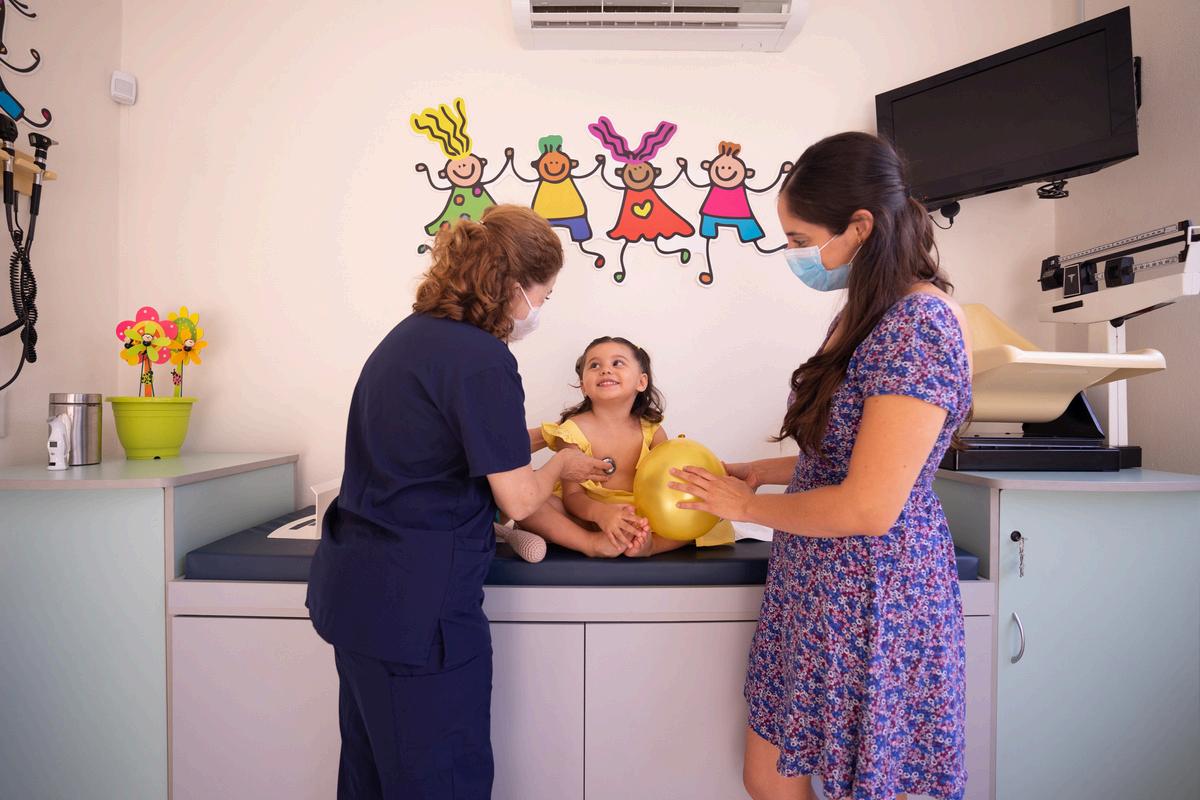
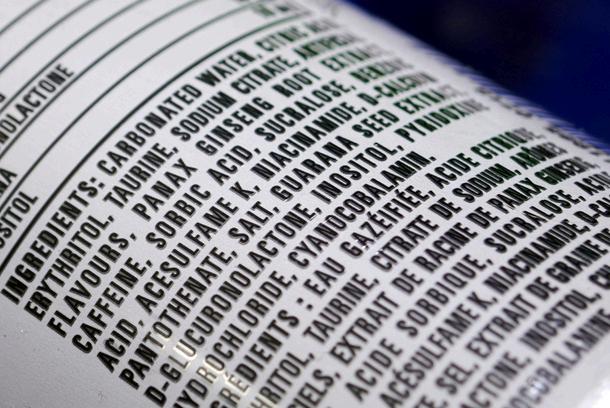

Developing an infant atopic dermatitis scorecard for pediatric clinicians
Samady W, Negris O, Jiang J, Bilaver LA, Gupta RS. Developing an infant atopic dermatitis scorecard for pediatric clinicians. Ann Allergy Asthma Immunol. 2024 Oct;133(4):469-470. doi: 10.1016/j.anai.2024.06.009. Epub 2024 Jun 15. PubMed PMID: 38880210.
The public health burden of parent-reported food allergy-related missed school days among US children
Sansweet SR, Dyer AA, Hultquist HW, Gupta RS, Warren CM. The public health burden of parent-reported food allergy-related missed school days among US children. J Food Allergy. 2024 Jul;6(1):47-51. doi: 10.2500/jfa.2024.6.240001. eCollection 2024 Jul. PubMed PMID: 39257601; PubMed Central PMCID: PMC11382768.
The role of pediatricians in the diagnosis and management of IgEmediated food allergy: a review
Gupta RS, Epstein E, Wood RA. The role of pediatricians in the diagnosis and management of IgE-mediated food allergy: a review. Front Pediatr. 2024;12:1373373. doi: 10.3389/fped.2024.1373373. eCollection 2024. Review. PubMed PMID: 38873581; PubMed Central PMCID: PMC11169649.
Time to ACT-UP: Update on precautionary allergen labelling (PAL)
Turner PJ, Bognanni A, Arasi S, Ansotegui IJ, Schnadt S, La Vieille S, Hourihane JO, Zuberbier T, Eigenmann P, Ebisawa M, Morais-Almeida M, Barnett J, Martin B, Monaci L, Roberts G, Wong G, Gupta R, Tsabouri S, Mills C, Brooke-Taylor S, Bartra J, Levin M, Groetch M, Tanno L, Hossny E, Weber BB, Fierro V, Remington B, Gerdts J, Gowland MH, Chu D, Van Ravenhorst M, Koplin J, Fiocchi A; World Allergy Organization Consensus on the Use of PAL (ACT-UP!) Working Group. Time to ACT-UP: Update on precautionary allergen labelling (PAL). World Allergy Organ J. 2024 Sep 25;17(10):100972. doi: 10.1016/j.waojou.2024.100972. PMID: 39381624; PMCID: PMC11459638.
Jiang J, Warren CM, Brewer A, Soffer G, Gupta RS. Racial, Ethnic, and Socioeconomic Differences in Food Allergies in the US. JAMA Netw Open. 2023 Jun 1;6(6):e2318162. doi: 10.1001/jamanetworkopen.2023.18162. PubMed PMID: 37314805; PubMed Central PMCID: PMC10267771.

RuchiGupta,MD,MPH
ProfessorofPediatrics& Medicine

SaiNimmagadda,MD
AssociateProfessor,Pediatrics (AllergyandImmunology)

LucyBilaver,PhD
AssociateProfessor,Pediatrics

JessicaPalmieri,DO
AssistantProfessor,Pediatrics (AllergyandImmunology)

KristinKan,MD,MPH, MSc
AssistantProfessor,Pediatrics
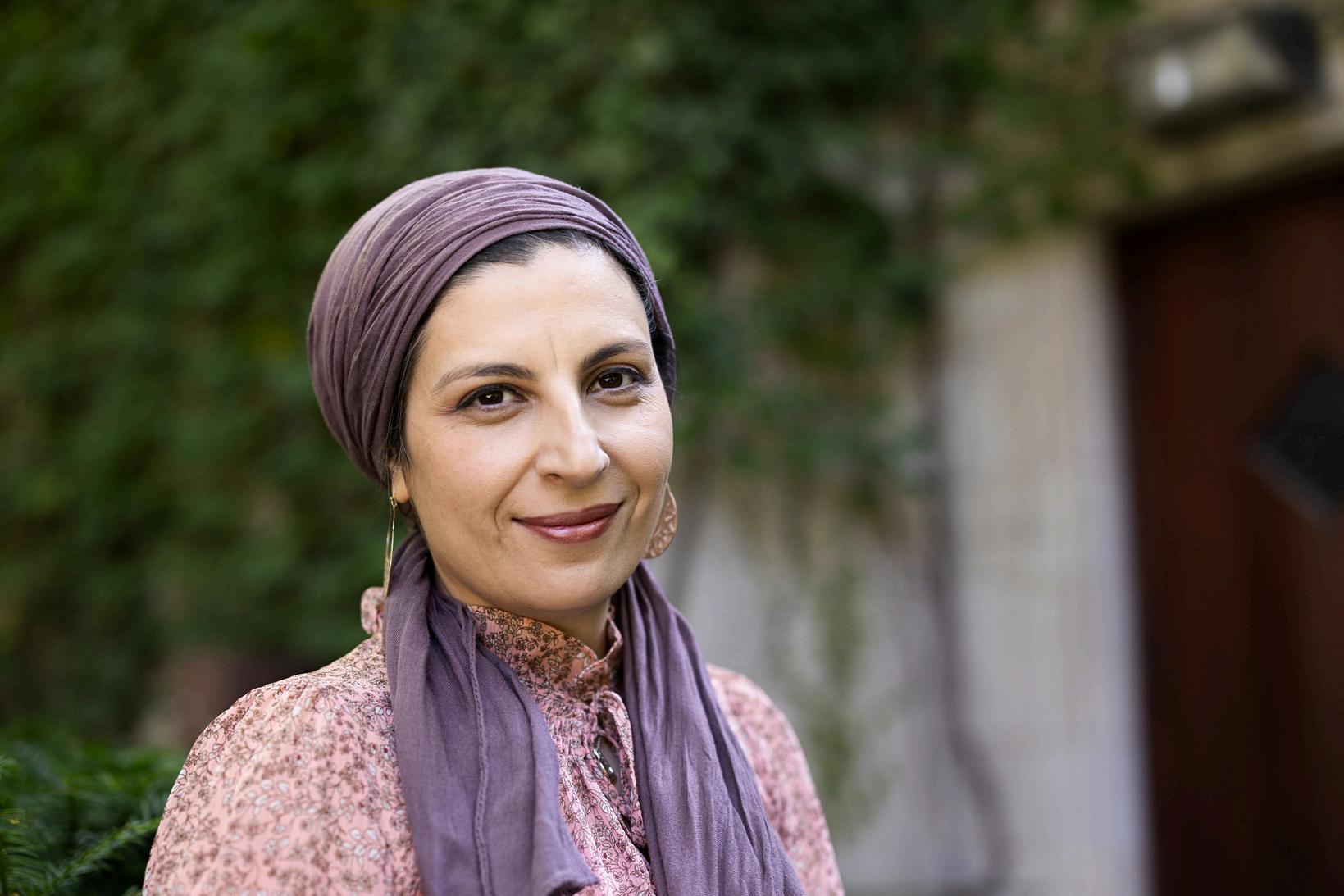
WaheedaSamady,MD, MSCI
AssociateProfessor, Pediatrics
ChrisWarren,PhD
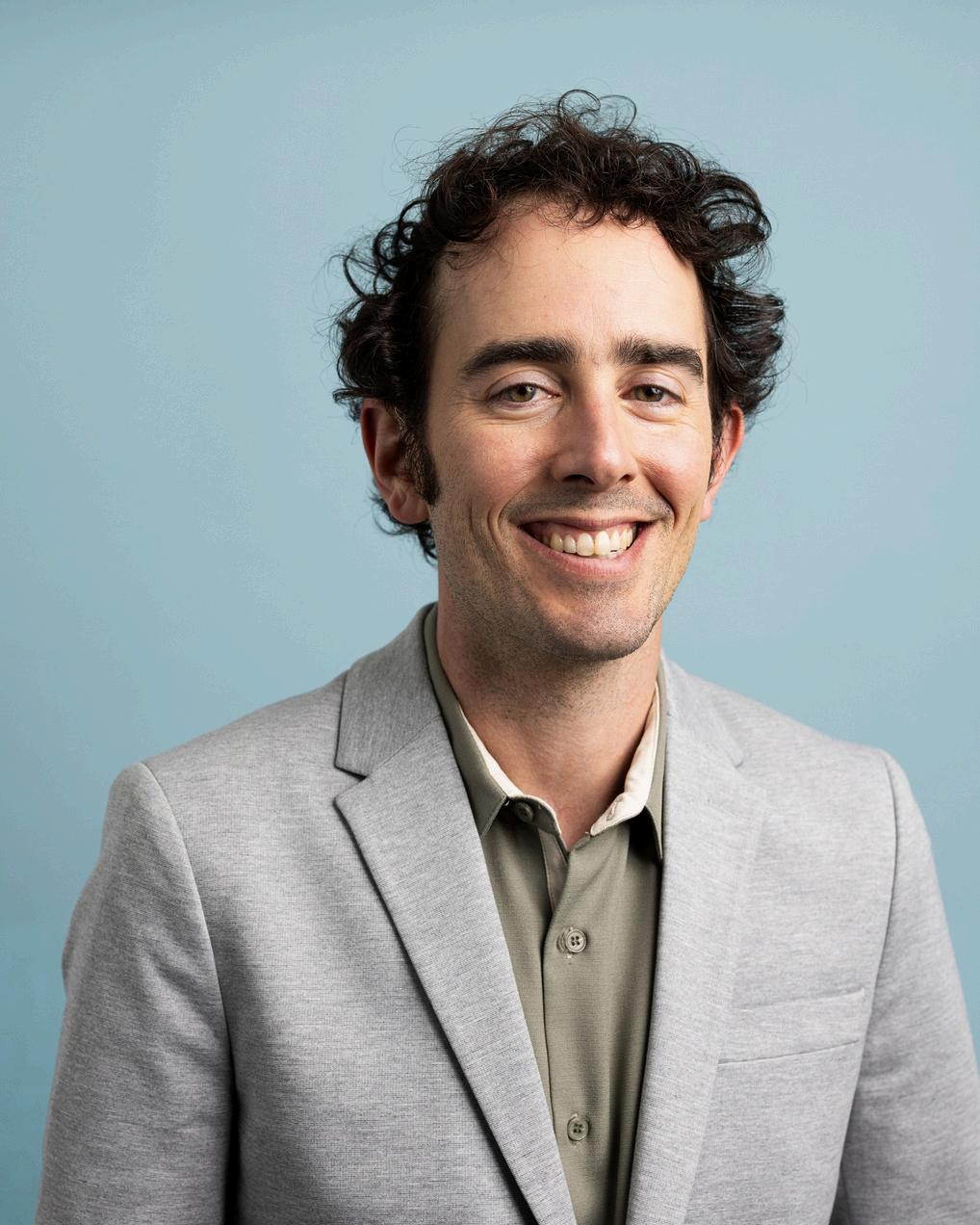
AssistantProfessor, PreventiveMedicine (Epidemiology)

The CFAAR team is composed of 7 faculty members, 2 fellows, 2 postdoctoral scholars, and 50+ staff members who support administrative functions, research projects, data analysts, communications & outreach, and education & training programs.

David Arzola Manager of Research Operations




Madeleine Kanaley, MPH Center Administrator Director of Education & Student Programs
Joanna Deryniowska Executive Assistant

Elizabeth Folger, MS Director of Communications & Outreach
Annie Siebenaler Marketing & Communications Manager

Hope Alafogianis Program Assistant

Samantha Sansweet, MPH

Jialing Jiang iReach Study
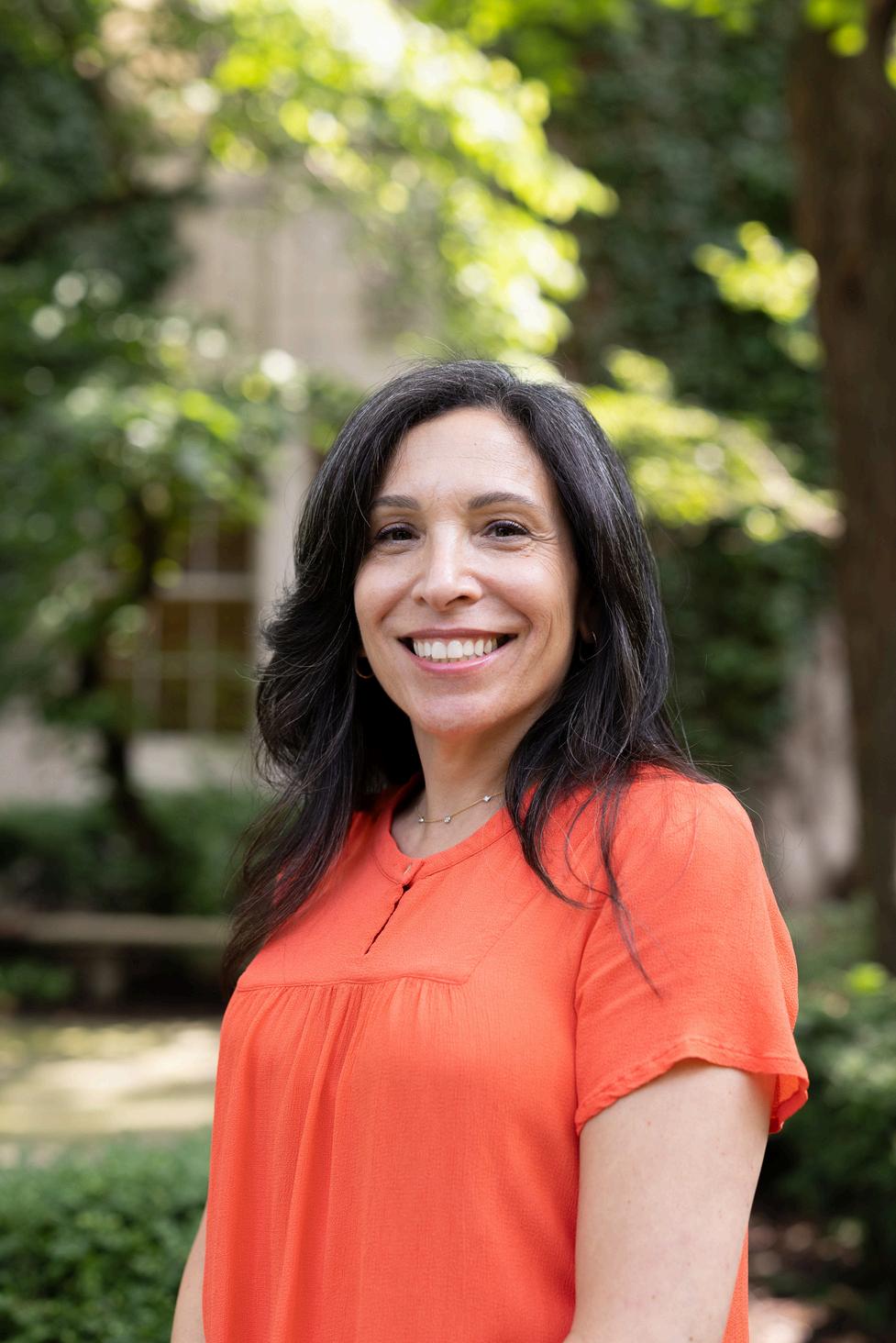
Pamela Newmark FORWARD Study

Emily Richardson, MSN, RN, CNL
Sarah Valaika, MS Early Childhood Educator

Hannah Grosspietsch Program Assistant


Carly Schweppe Senior Administrative Coordinator
Sharon Wong, MEd Research Associate, Communications

Paulina Rodriguez, MS CAN DO Study CAN DO Study

Neeha Shrestha, MPH CAN DO Study
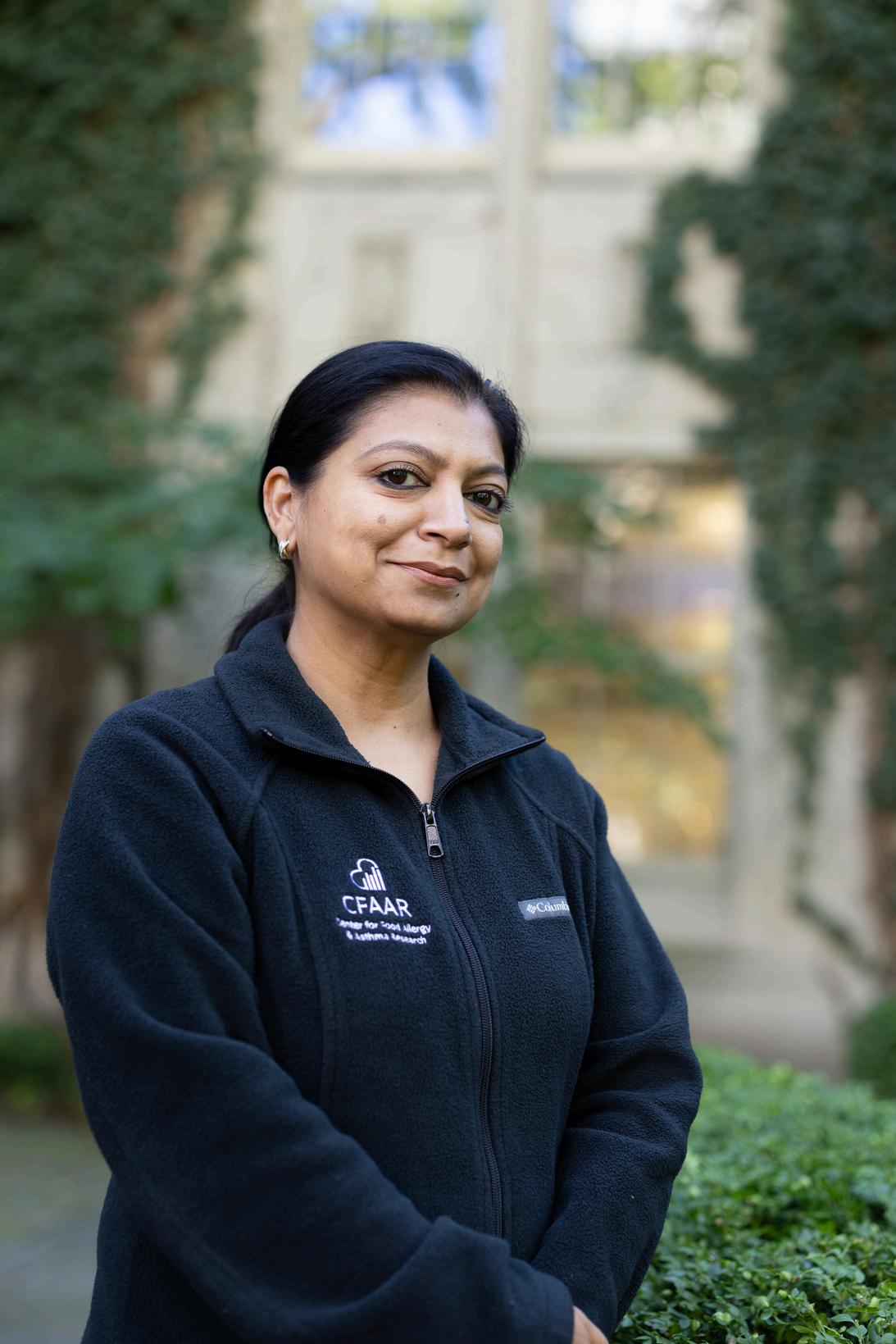
























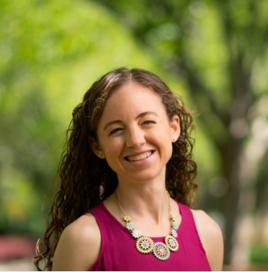






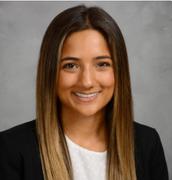

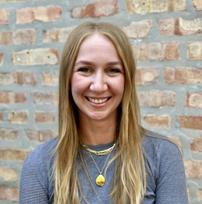
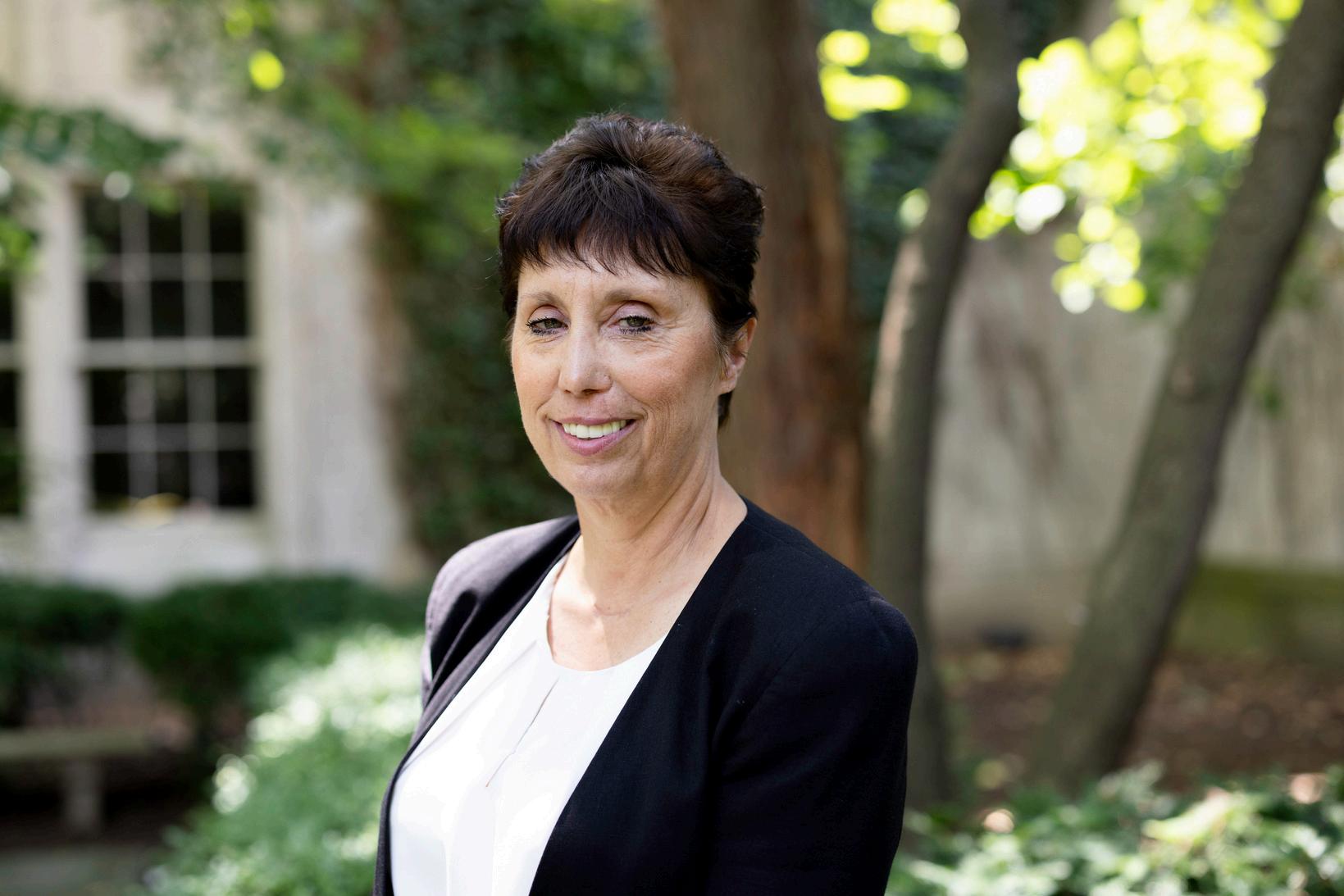
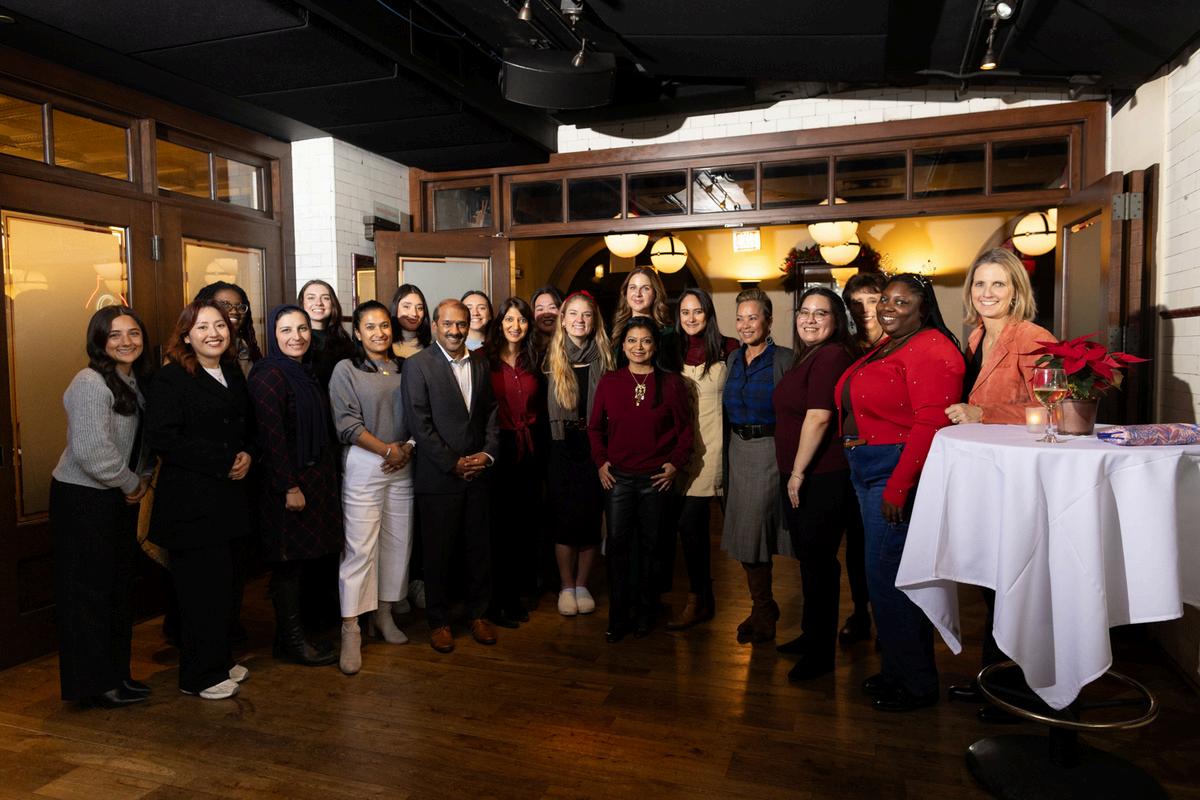
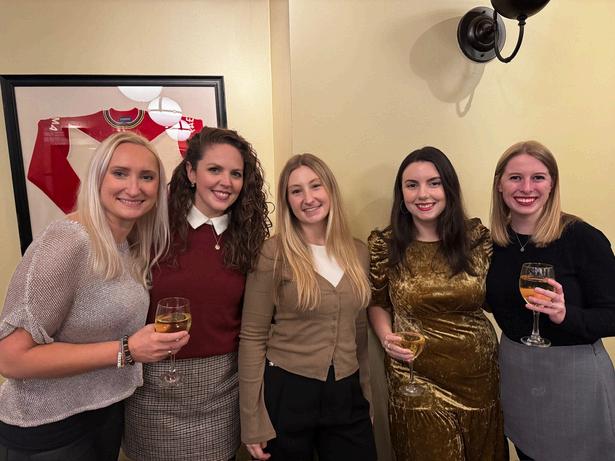
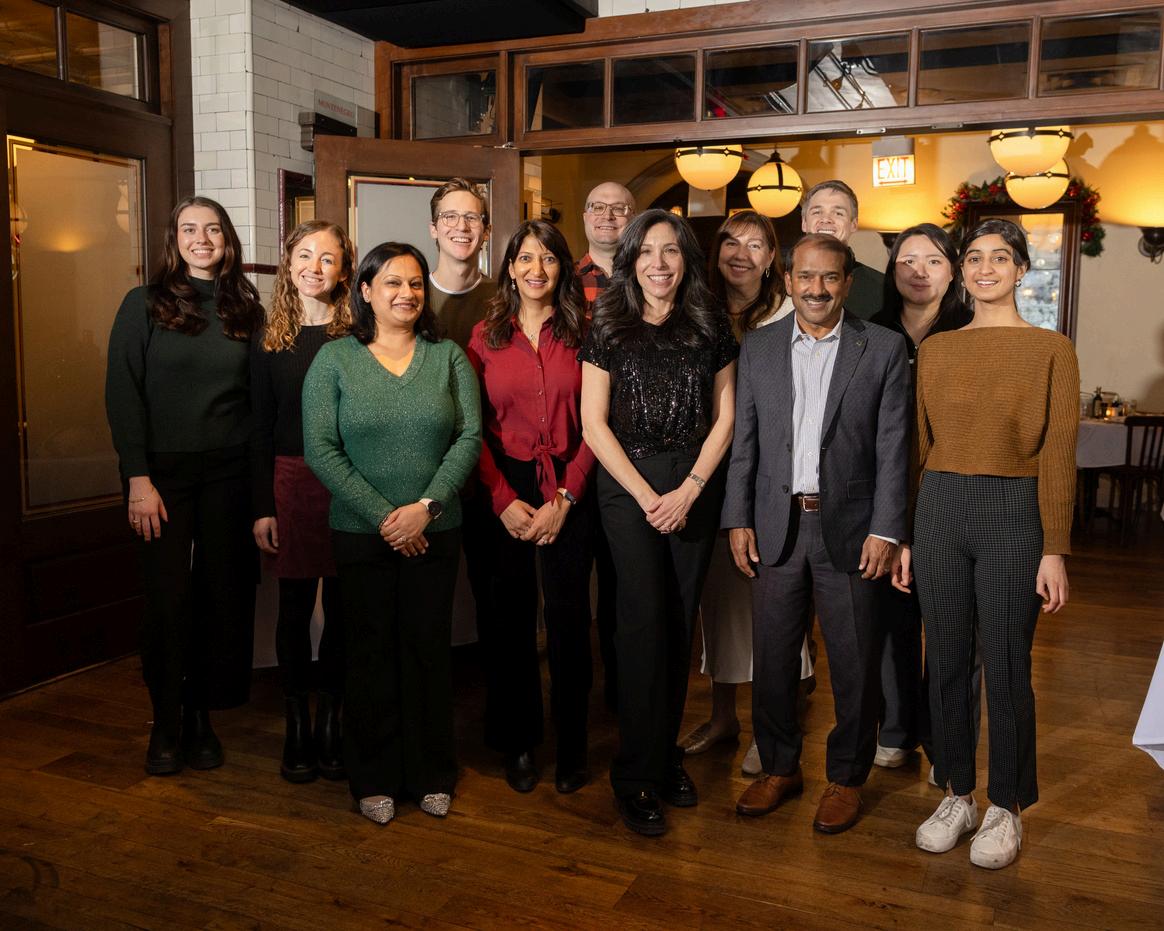
Advancing Food Allergy Equity, Pediatric Education & Prevention
Friday, June 27
Equity & Pediatric Tracks
Audiences: Pediatric clinicians and professionals (MD/DO, RD, RN/NP, PA), payors, policy makers, patients
Pediatric Track activity has been approved for AMA PRA Category 1 Credit™
Saturday, June 28 & Sunday, June 29
Prevention Track
Audience: Clinicians, researchers, fellows, allied healthcare professionals (global audience)
The Center for Food Allergy & Asthma Research invites you to join us for a weekend filled with insightful food allergy focused discussions and hands-on workshops at Northwestern University Feinberg School of Medicine in Chicago, IL.

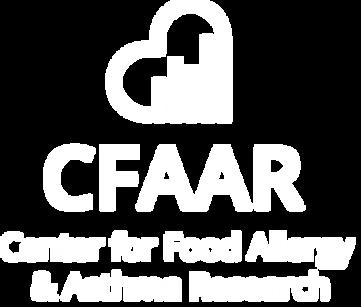


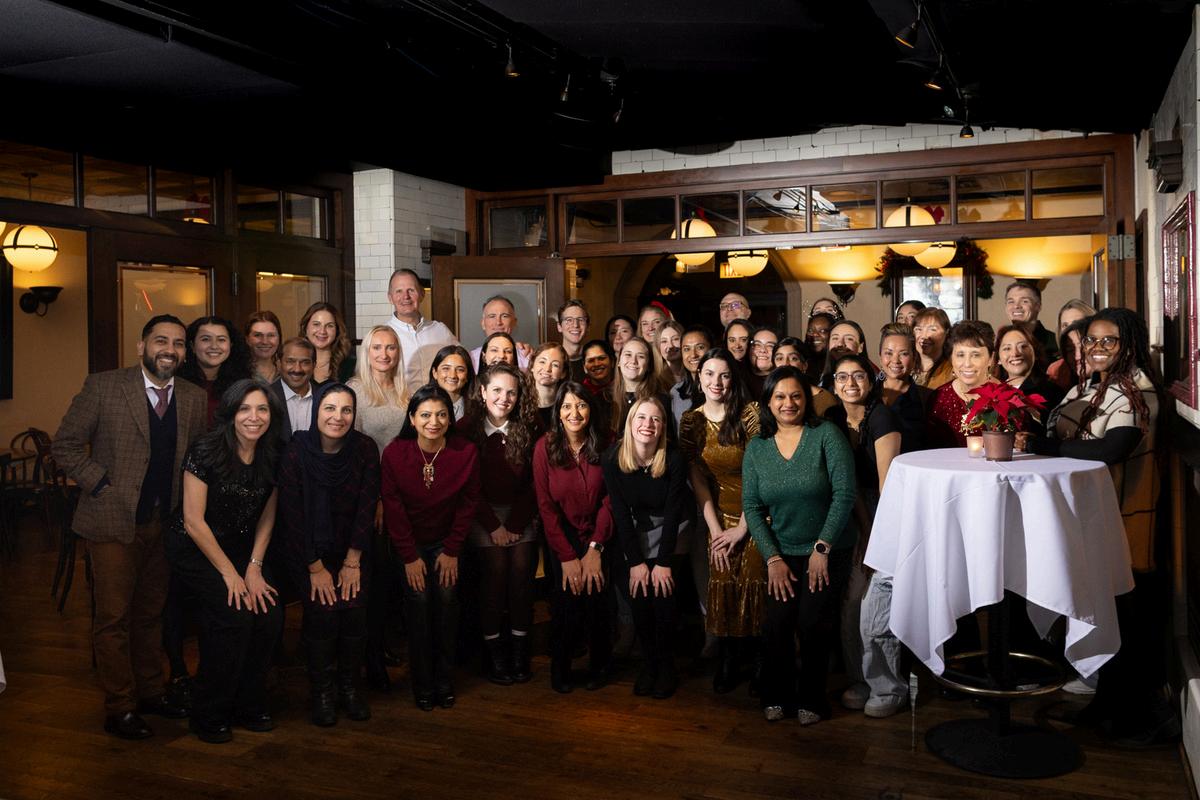
ON BEHALF OF EVERYONE AT CFAAR, THANK YOU FOR A SUCCESSFUL 2024! WE’RE EXCITED TO SHARE ALL THAT WE’LL ACCOMPLISH IN 2025.

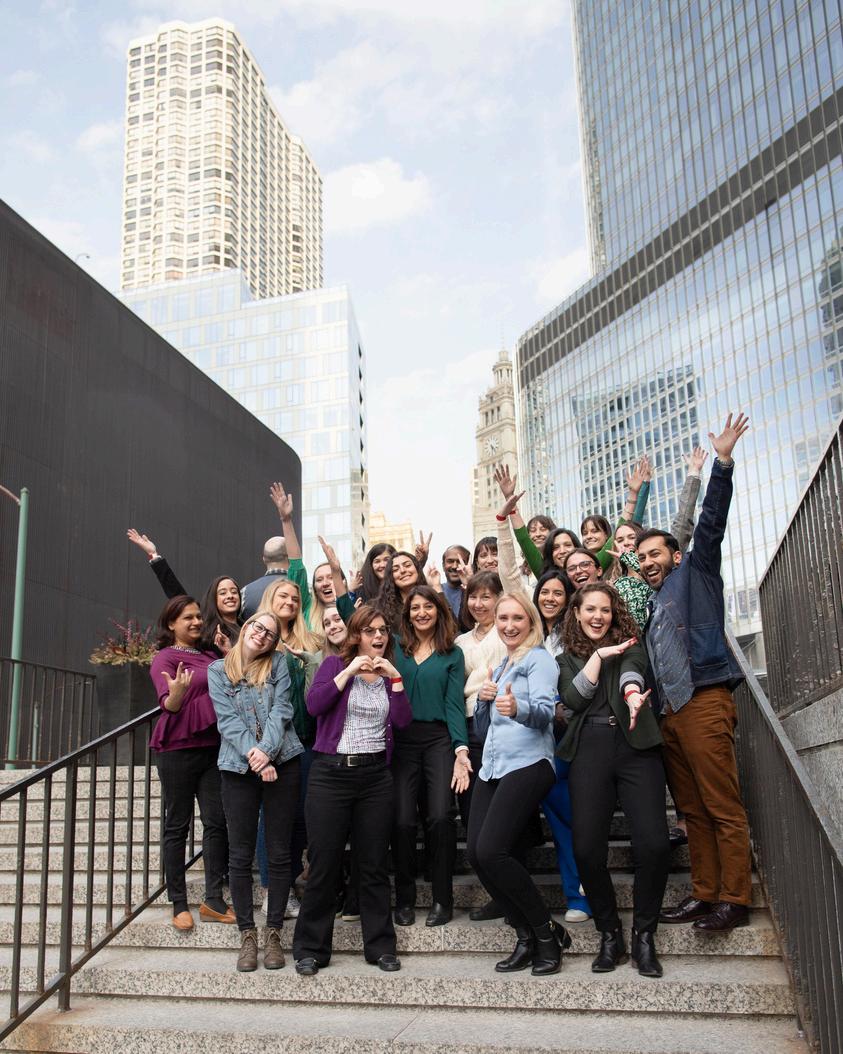
750 N. Lake Shore Dr, Suite 633 Chicago, IL 60611
Email: cfaar@northwestern.edu
Our center is comprised of experts in the fields of epidemiology, health services research, health behavior, patient care, and advocacy. Our goal is to create an interdisciplinary and collaborative research core to make meaningful improvements in the health of children, adults and families living with allergic disease. Our team is internationally recognized for our public health research into the prevalence of food allergy in the United States and its economic impact. A core mission of CFAAR is to reduce the burden of disease and improve health equity by developing, evaluating and disseminating asthma and allergy interventions, as well as by conducting work to inform local, state, national and international health policy.
With the continued partnership from our advisory boards, clinical partners, advocacy groups, patients and their families, we are excited to continue developing more effective and impactful methods to investigate and improve human health. CONNECT WITH US
